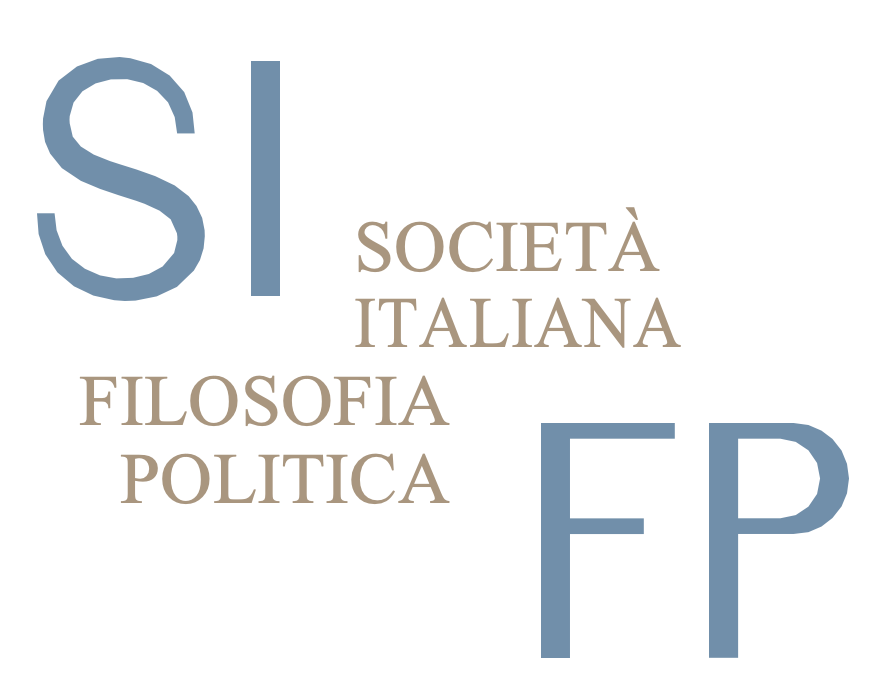Lo spazio logico delle istituzioni: ordine normativo, raison d’être ed etica d’ufficio
DOI:
https://doi.org/10.36253/rifp-2274Parole chiave:
political corruption, public institutions, raison d’être, office accountability, political theory, ethicsAbstract
In this contribution I offer an analysis of some specific theses defended by Ceva and Ferretti (2021). First, I raise a question related to the theoretical work done by the sabotage of an institution’s raison d’être when both describing and morally evaluating political corruption. In particular, I will ask whether the ultimate moral reason why corruption is a moral wrong rests on the sabotage of the raison d’être that it entails and to which it could be con-substantially tied. Relatedly, I will explore whether the sabotage of an institution’s raison d’être can be described without that particular cause-effect relationship which is the relationship between action and its consequences, and if the relation holds, whether we can still guarantee the constitutivist account of the moral agent that the authors favor. The second question I pose concerns the deficit of “office accountability” which according to the authors would be at the heart of the moral wrong of which political corruption consists. I will wonder whether this deficit is sufficient to capture political corruption, although it is certainly a necessary manifestation of it. Finally, I will argue that in order to grasp the phenomenon of political corruption not only should we look at intra-institutional relations, but also at the inter-institutional ones. A succinct appendix on the common sense semantics of the adjective “corrupt” completes my commentary.
Downloads
##submission.downloads##
Pubblicato
Come citare
Fascicolo
Sezione
Licenza
Copyright (c) 2023 Patrizia Pedrini

TQuesto lavoro è fornito con la licenza Creative Commons Attribuzione 4.0 Internazionale.







